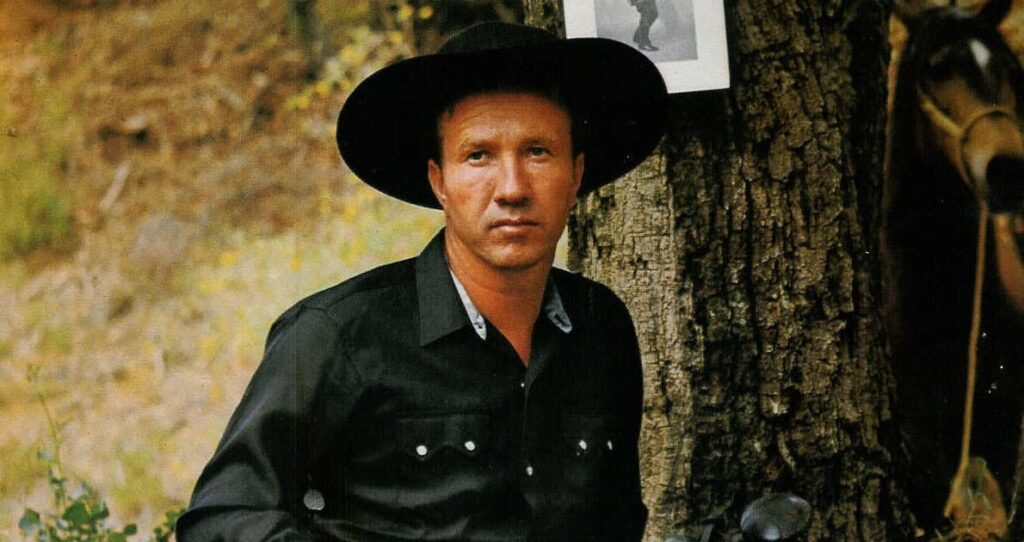
A Hymn from the Saddle: Marty Robbins’ Journey of Faith in “The Master’s Call”
When Marty Robbins released “The Master’s Call” in 1959 as part of his landmark album Gunfighter Ballads and Trail Songs, few could have predicted the enduring power this lesser-known track would hold. While songs like “El Paso” soared to No. 1 on the Billboard Hot 100 and became Robbins’ signature ballad, “The Master’s Call” took a different path—it became a spiritual touchstone. Though it was never a chart single, its message resonated deeply with listeners who recognized it as more than just another Western tale; it was a gospel-infused parable woven into the saddle-worn world of the cowboy.
The story is timeless: a reckless young cowboy, driven by pride and lawlessness, rides with a gang of outlaws. Yet, in the heat of pursuit, just as death seems certain, he hears the voice of God—the Master’s call— breaking through the chaos. In that moment of fear and grace, he surrenders his life, not to the posse behind him, but to salvation. Robbins delivers the narrative with an intensity that makes the listener feel every hoofbeat, every breathless turn of the chase, and finally, the stillness of redemption.
Musically, the song is stripped down compared to Robbins’ more dramatic ballads, yet it is no less gripping. The galloping rhythm mirrors the urgency of the cowboy’s flight, while Robbins’ voice, rich and commanding, shifts from the bravado of an outlaw to the humbled tone of a man reborn. The simplicity of the arrangement allows the lyrics to stand in full light, reminding us that Robbins, though often celebrated as a storyteller of the Old West, was equally adept at conveying matters of the spirit.
Older listeners, especially those who grew up during Robbins’ golden era, often remember “The Master’s Call” not just as a Western song but as a Sunday morning sermon set to music. In the era of the late 1950s, when faith and tradition remained central to American life, its fusion of cowboy mythology and Christian redemption struck a powerful chord. It was a reminder that even the most wayward rider could find forgiveness, that the wilderness of sin could still lead to the open pastures of grace.
Today, more than six decades later, the song continues to move audiences with its blend of frontier grit and spiritual depth. It stands as a testament to Robbins’ unique gift: the ability to merge the legends of the West with the eternal questions of the soul. In “The Master’s Call,” the outlaw’s desperate ride becomes every listener’s journey—a reminder that no matter how far we stray, redemption can find us in the dust and echo of the trail.